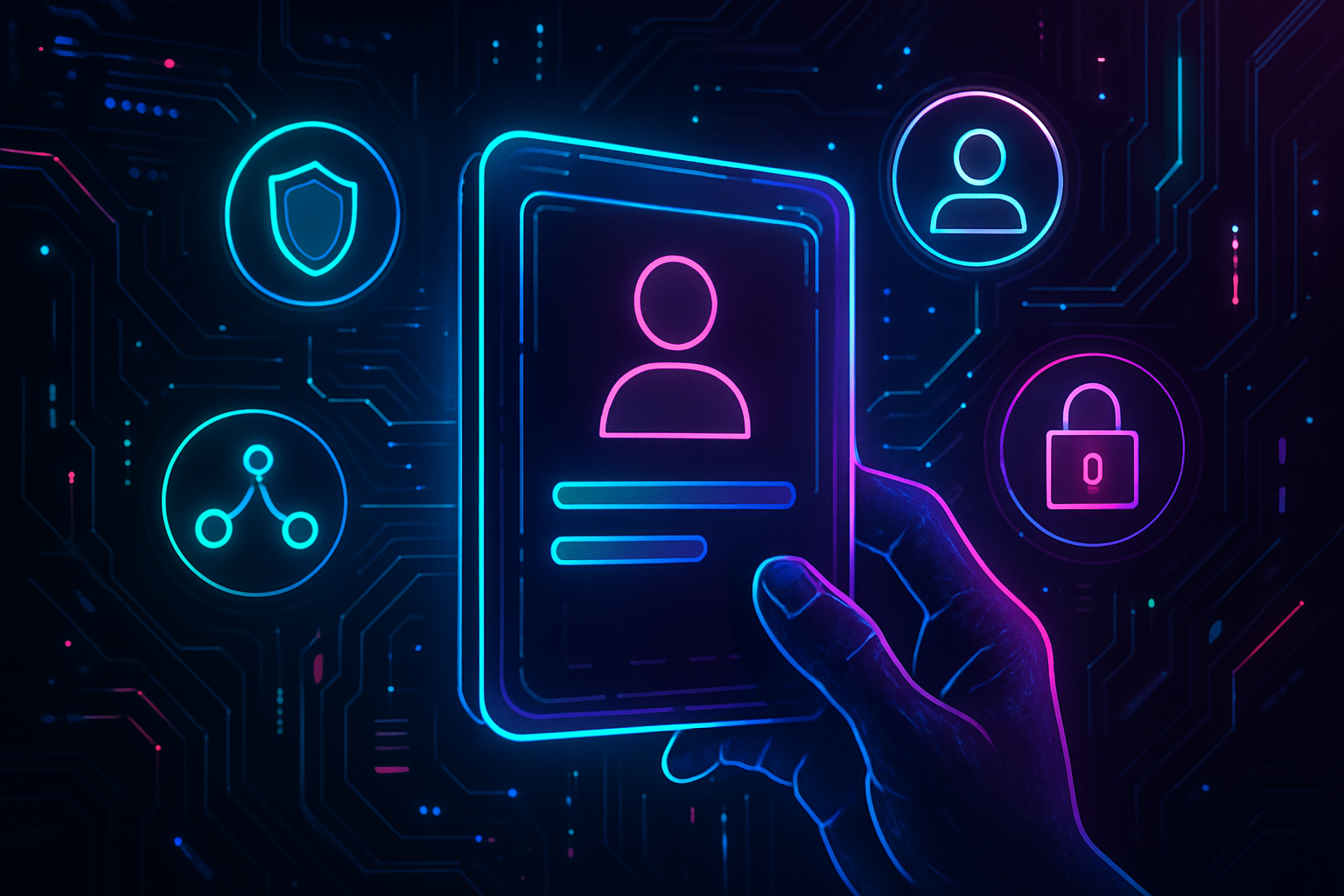
Imagine a world where you control your digital identity, not big tech platforms or government databases. That’s the promise of the self-sovereign identity wallet: a new class of privacy-preserving digital ID tools that put you at the center of your online experience. As our lives become increasingly digitized, traditional identity models have struggled to keep up with privacy expectations and security threats. Self-sovereign identity (SSI) is emerging as a game-changer, offering true digital freedom by handing data sovereignty back to individuals.

What Makes Self-Sovereign Identity Wallets Different?
Unlike centralized platforms that store your credentials in massive databases vulnerable to breaches, SSI wallets leverage decentralized technologies like blockchain and cryptography. Your personal data remains on your device, never pooled in a single location, and you alone decide when and with whom to share it. This approach is called privacy by design, and it’s reshaping how we think about digital trust.
At the core of SSI wallets are two innovations:
- Decentralized Identifiers (DIDs): Unique, blockchain-based identifiers that replace usernames and passwords.
- Verifiable Credentials: Digitally signed attestations (like diplomas or licenses) you can store and present as needed.
This means no more juggling dozens of logins or worrying about mass data leaks. Instead, you get a portable digital passport that works across borders, services, and apps, on your terms.
The Pillars of Digital Freedom: Control, Consent and Privacy
The shift to self-sovereign identity isn’t just technical, it’s philosophical. SSI wallets embody three key principles driving the future of decentralized identity management:
Key User Control & Privacy Features in SSI Wallets
-
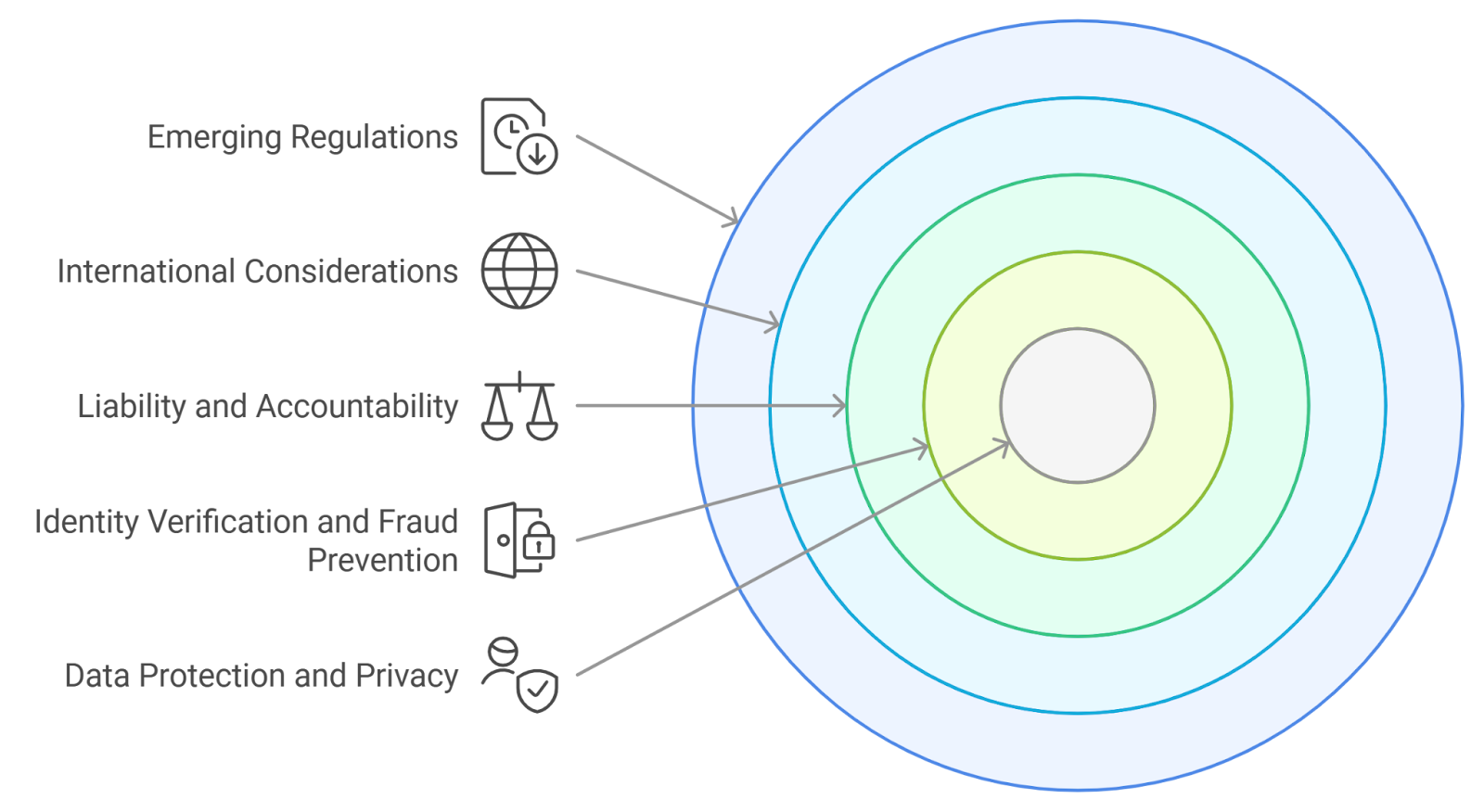
Full User Control Over Personal Data: SSI wallets like Evernym and Dock Wallet empower users to store, manage, and share their identity credentials directly from their devices, eliminating reliance on centralized authorities.
-

Granular Consent Management: Modern SSI wallets, including Trinsic and walt.id Wallet, let users selectively disclose specific attributes—like age or citizenship—without exposing their full identity, thanks to verifiable credentials.
-
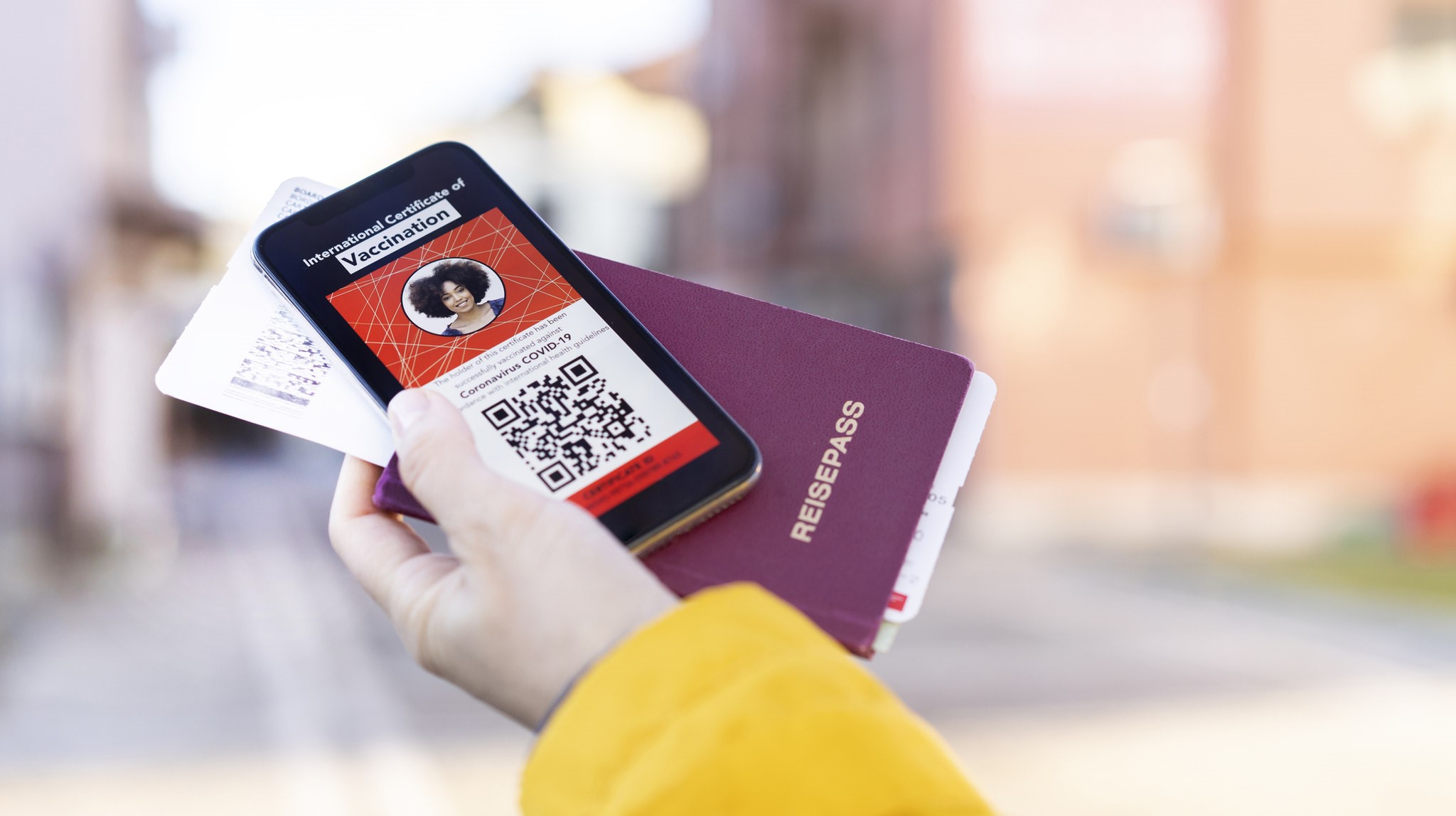
Privacy by Design Architecture: Solutions such as the EU Digital Identity Wallet and Sphereon Wallet keep sensitive data on the user’s device, using cryptographic protections to minimize exposure and risk of breaches.
-
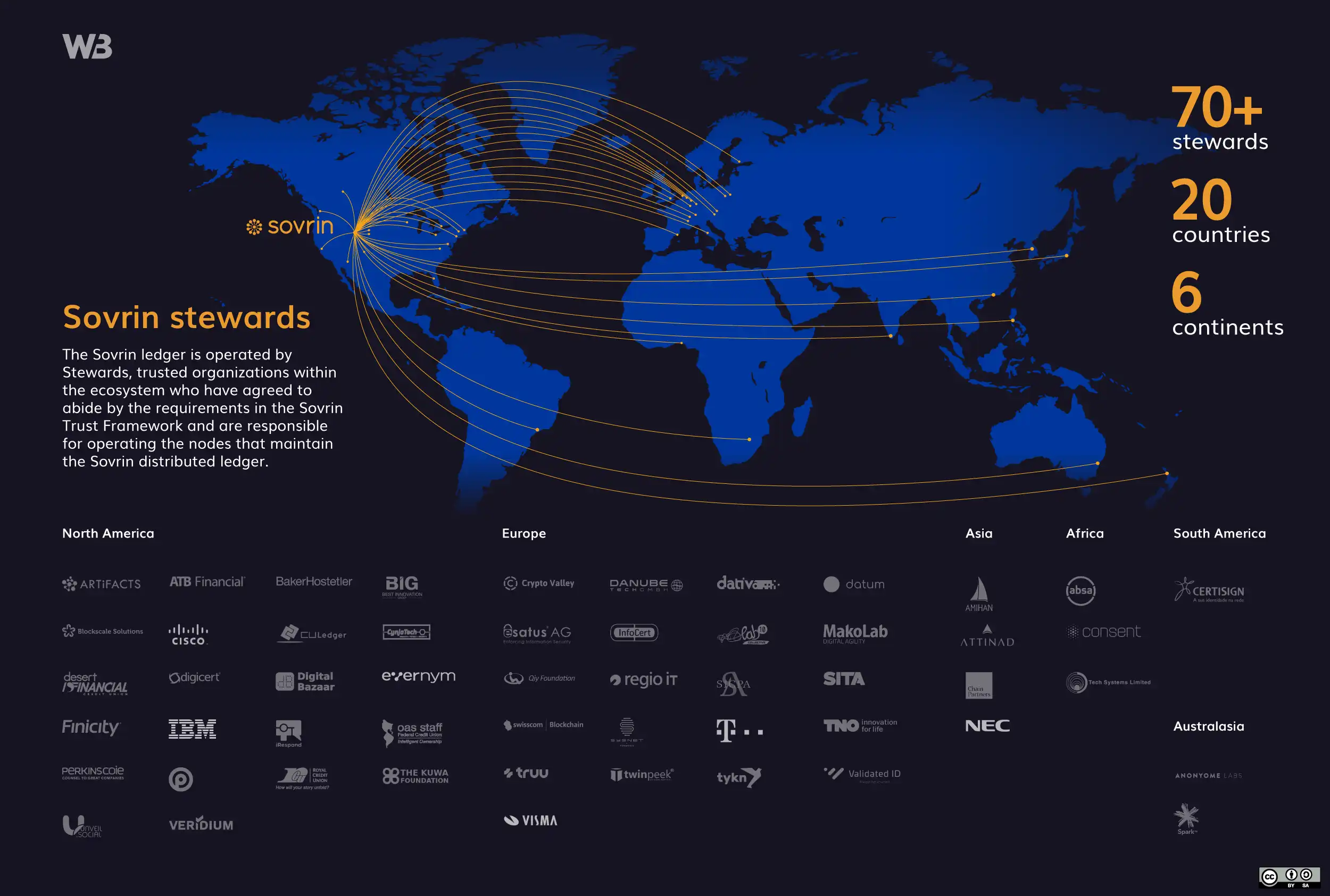
Decentralized Identifiers (DIDs) and Verifiable Credentials: Platforms like Sovrin Network and Microsoft Entra Verified ID use DIDs and verifiable credentials to give users control and ensure authenticity without a central database.
-
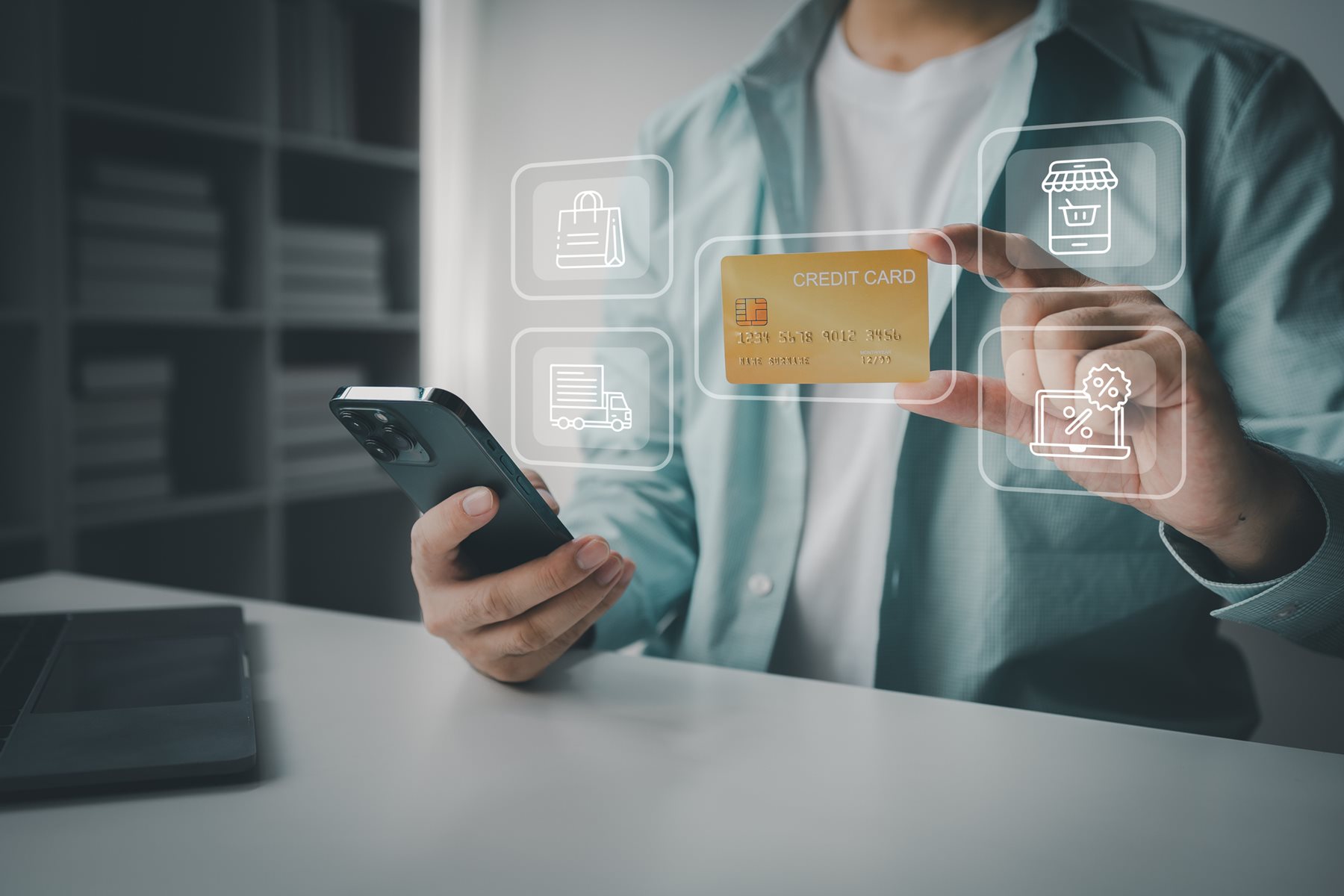
Interoperability Across Platforms: SSI wallets such as Lissi Wallet and Affinidi Wallet are designed to be compatible with various services, allowing users to prove their identity seamlessly in different contexts—from healthcare to government services.
User Control: You’re in charge of your own data. No third party can access or change your credentials without explicit permission (veridas.com). This autonomy is crucial for anyone who values privacy-preserving digital ID solutions.
Consent Management: With an SSI wallet, sharing your information becomes granular, you can reveal just what’s necessary for each interaction. For example, prove you’re over 18 without exposing your full birthdate (vpnunlimited.com). This selective disclosure minimizes risk while maximizing convenience.
Privacy by Design: By keeping sensitive data on-device and using advanced encryption (including zero-knowledge proofs), SSI wallets dramatically reduce attack surfaces compared to legacy systems (veridas.com). Your digital freedom is backed by real cryptographic guarantees, not corporate promises.
The Benefits: Why Self-Sovereign Identity Wallets Matter Now
The adoption of SSI wallets isn’t just theoretical, real-world momentum is building fast as governments and enterprises explore decentralized identity management for everything from healthcare records to university diplomas (walt.id). Here’s how these wallets are empowering users today:
- Enhanced Privacy: Only share what’s necessary; reduce exposure to hacks or surveillance (SpringerLink).
- Tighter Security: Decentralized storage means no single point of failure; cryptography keeps credentials safe (veridas.com).
- Simplified Experience: Fast logins and verifications across platforms, no more password fatigue or endless forms.
- User Data Sovereignty: You’re independent from tech giants or bureaucratic gatekeepers; reclaim control over your digital life.
A Glimpse Into Real-World Applications
The impact goes beyond convenience. In healthcare, patients use SSI wallets to grant doctors secure access to medical records only when needed (arxiv.org). Universities issue tamper-proof certificates directly into graduates’ wallets for easy job applications. And with initiatives like the EU Digital Identity Wallet rolling out across Europe (Wikipedia – EU Digital Identity Wallet), millions will soon experience firsthand what true digital freedom feels like.
But the real power of self-sovereign identity wallets lies in their ability to shift the balance of trust. Instead of relying on centralized authorities, users authenticate themselves with cryptographic proofs and verifiable credentials that are nearly impossible to forge. This model not only reduces fraud but also opens doors for those previously excluded from traditional systems, think refugees, gig workers, or anyone lacking government-issued IDs.
Interoperability is another game-changer. Today’s leading SSI wallets are designed to work across borders and platforms, making it possible to use a single digital identity for banking, travel, healthcare, and beyond (veridas.com). This seamless experience is especially vital as Web3 and decentralized applications continue to grow.
Challenges and What’s Next
No technology is without hurdles. Key management remains a critical challenge, if you lose your device or forget your recovery phrase, regaining access can be tricky. Education is also key; users must understand how to safeguard their credentials and recognize phishing attempts. Fortunately, new solutions like social recovery mechanisms and user-friendly onboarding are rapidly improving the landscape.
Governments and enterprises are watching closely as regulatory frameworks evolve. The European Digital Identity Wallet (EUDIW) initiative exemplifies how large-scale adoption can balance privacy with compliance (Wikipedia – EU Digital Identity Wallet). As these standards mature, expect even broader acceptance, especially as more organizations seek compliance with GDPR-like regulations while reducing operational costs (vpnunlimited.com).
Key Challenges and Emerging Trends in SSI Wallets
-
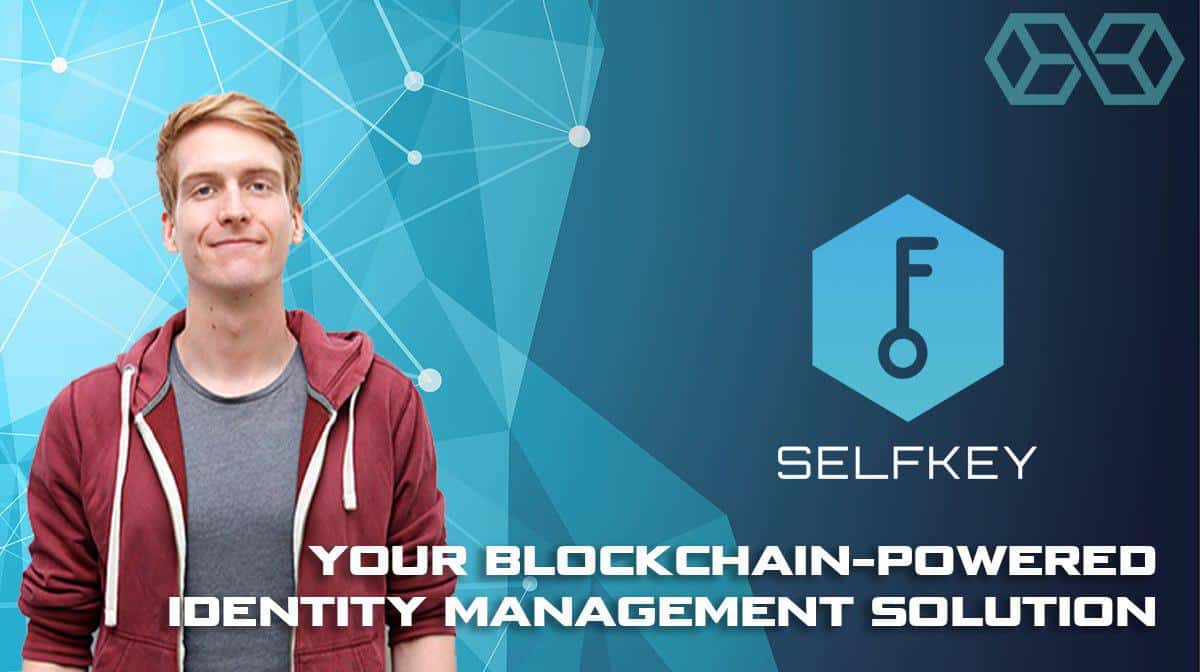
Key Management Remains Complex: Users must securely store and manage cryptographic keys, making loss or theft a significant risk. Solutions like Lit Protocol and Magic.link are working to simplify key management, but usability is still a challenge.
-

User Education and Onboarding: Many individuals are unfamiliar with SSI concepts, leading to adoption barriers. Initiatives from EUDI Wallet and Evernym focus on user-friendly interfaces and educational resources to bridge this gap.
-
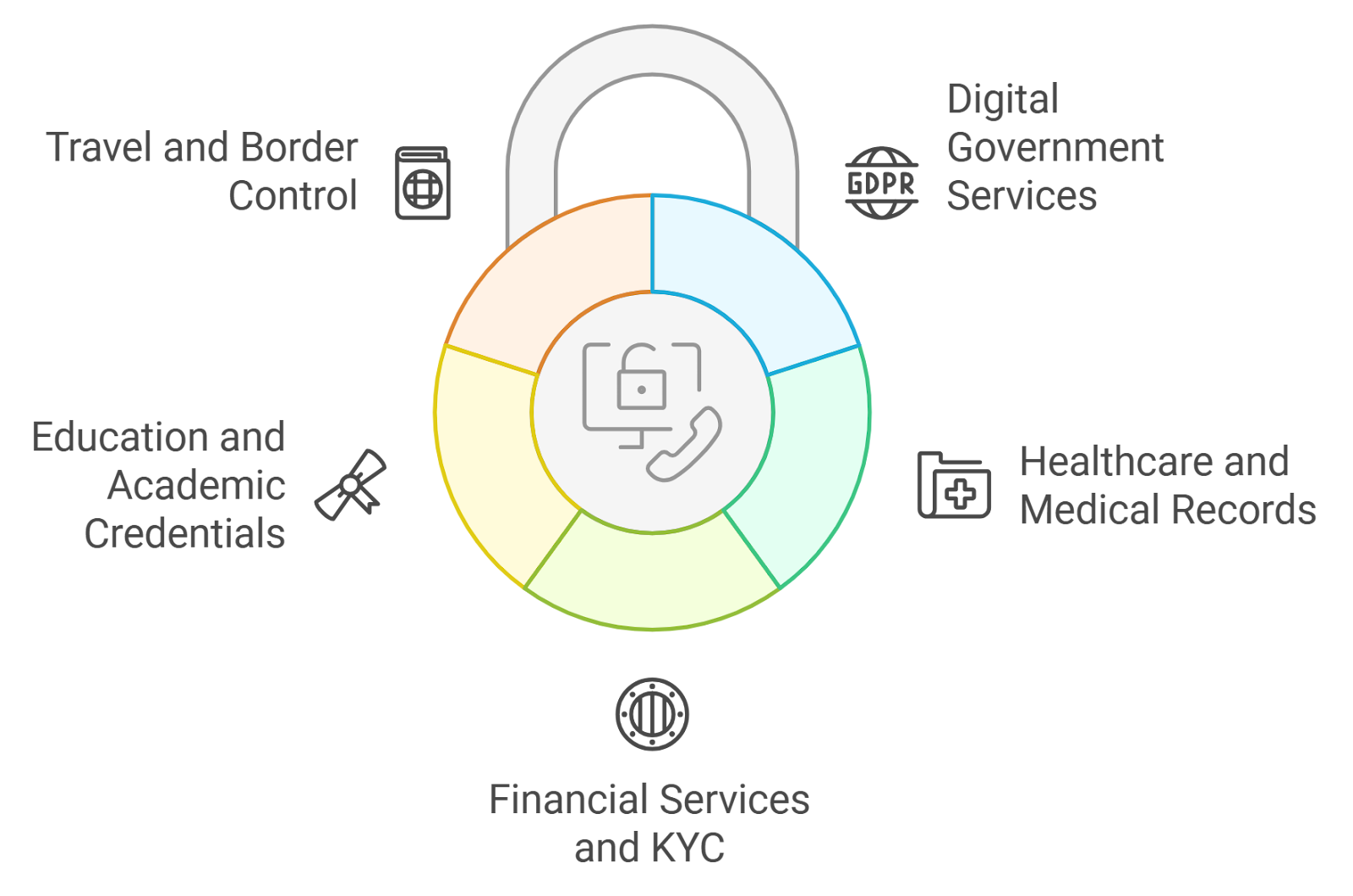
Social Recovery Features on the Horizon: Upcoming wallets like SpruceID and Dock Wallet are developing social recovery, allowing trusted contacts to help users regain access if keys are lost, reducing the risk of permanent lockout.
-
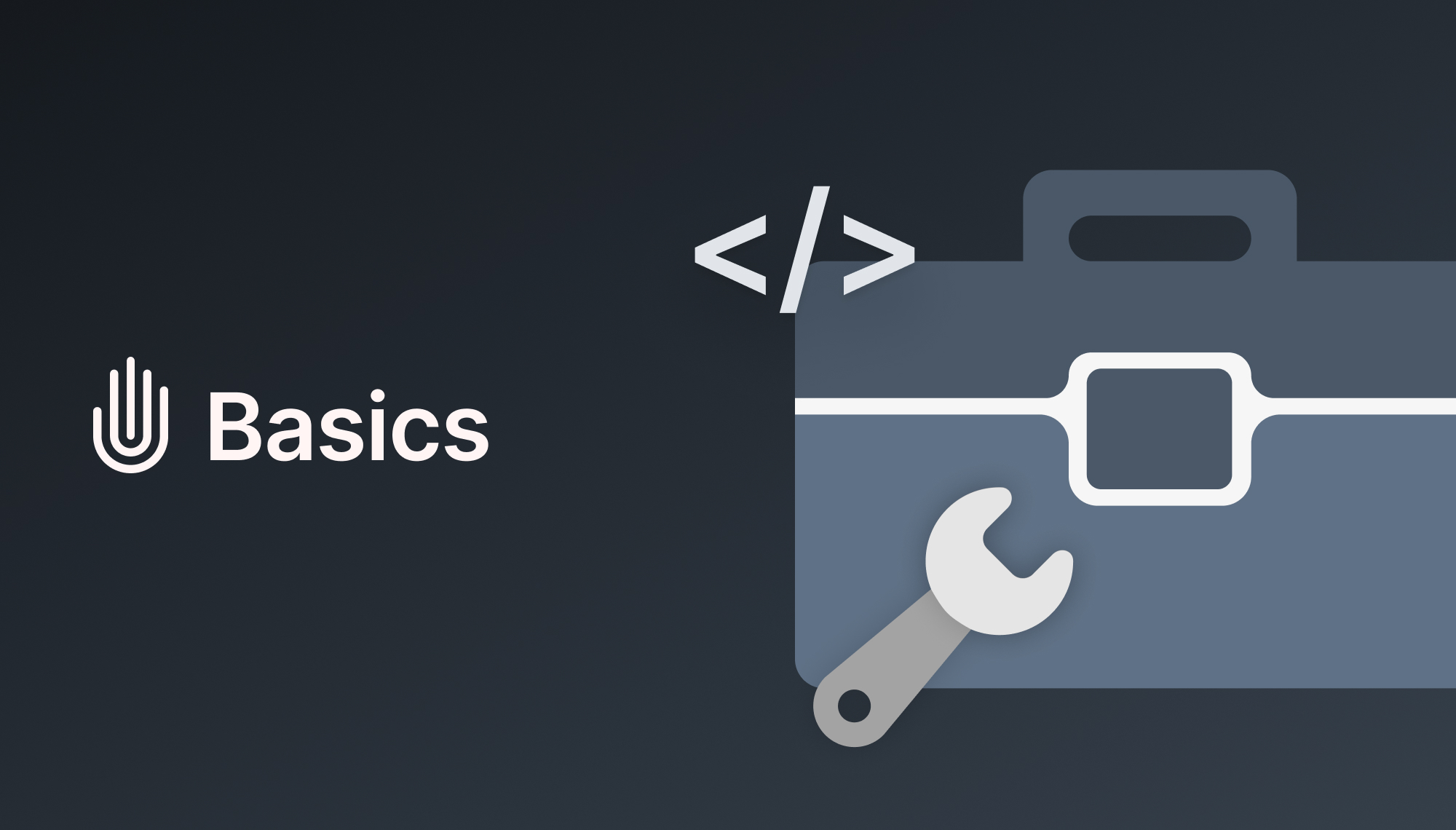
Growing Interoperability Across Platforms: Projects such as Hyperledger Aries and walt.id are pushing for interoperability, enabling SSI wallets to work seamlessly across different services, apps, and jurisdictions.
-
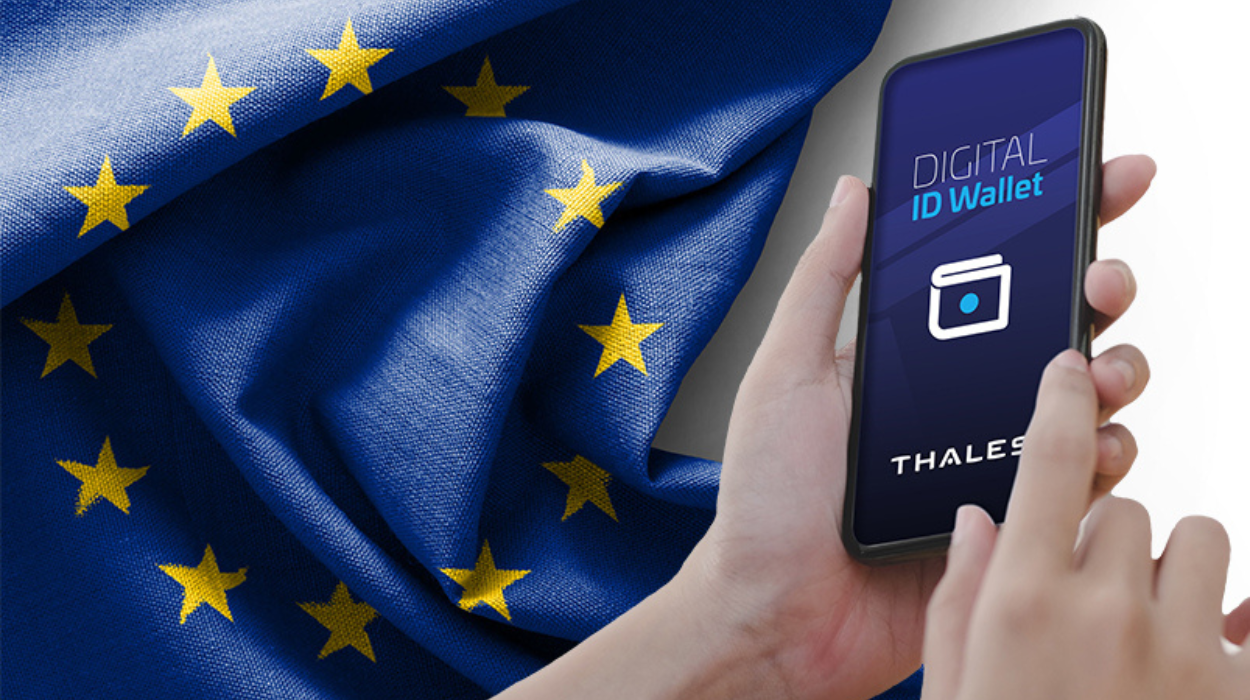
Regulatory Momentum in the EU and Beyond: The EU Digital Identity Wallet initiative is setting new standards for privacy, security, and data minimization, influencing regulatory frameworks globally and accelerating SSI wallet adoption.
Taking Control: How to Start Your SSI Journey
If you’re ready to embrace digital freedom SSI-style, getting started is easier than ever. Choose a reputable wallet that supports decentralized identifiers (DIDs) and verifiable credentials, look for open-source options with strong community backing. Back up your recovery phrase securely, explore demo credentials offered by universities or governments, and test selective disclosure features to see just how much control you have over your data.
The rise of self-sovereign identity wallets isn’t just a trend, it’s a paradigm shift toward user data sovereignty in an increasingly surveilled world. By putting individuals back in charge of their digital lives, SSI wallets offer the building blocks for privacy-preserving digital ID systems that work for everyone, not just the privileged few.






